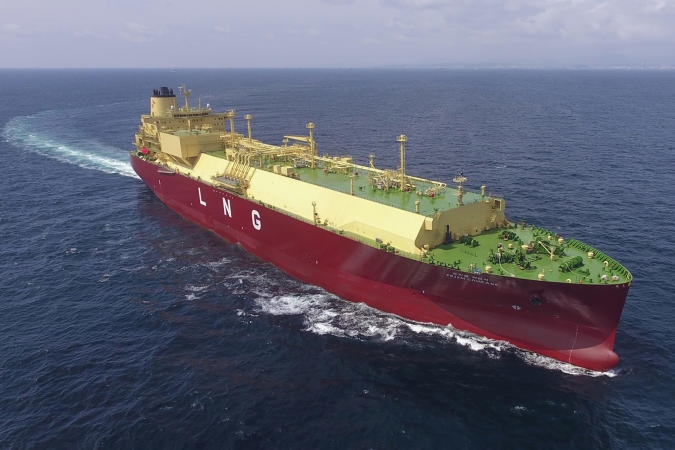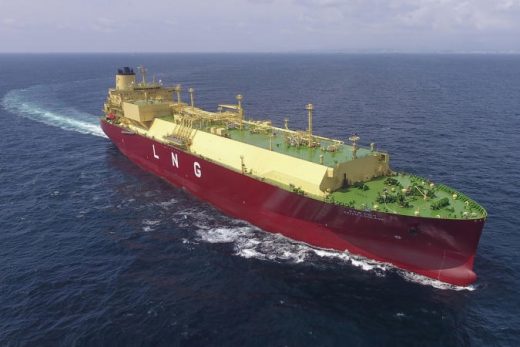Hyundai says it’s the first to pilot a large autonomous ship across the ocean
Hyundai says it’s the first to pilot a large autonomous ship across the ocean
There are a few caveats attached to this achievement.


Autonomous ships just took a small but important step forward. Hyundai’s Avikus subsidiary says it has completed the world’s first autonomous navigation of a large ship across the ocean. The Prism Courage (pictured) left Freeport in the Gulf of Mexico on May 1st, and used Avikus’ AI-powered HiNAS 2.0 system to steer the vessel for half of its roughly 12,427-mile journey to the Boryeong LNG Terminal in South Korea’s western Chungcheong Province. The Level 2 self-steering tech was good enough to account for other ships, the weather and differing wave heights.
The autonomy spared the crew some work, of course, but it may also have helped the planet. Avikus claims HiNAS’ optimal route planning improved the Prism Courage’s fuel efficiency by about seven percent, and reduced emissions by five percent.
As you might have guessed, the feat didn’t quite usher in an era of zero-crew shipping. The other half of the trip still required human navigation, and most of the route was in the open sea. It would have been tougher for an autonomous system to control the entire voyage, particularly in ports where docking and packed waterways would pose additional challenges.
Avikus plans to commercialize HiNAS 2.0 by the end of the year. And even if fully AI-driven shipping is nowhere on the horizon, the company hopes its Level 2 autonomy will mitigate crew shortages, improve safety and reduce the environmental impact of seaborne transportation. The firm also expects to bring this navigation to leisure boats, not just giant merchant ships. Your next pleasure ride aboard a cabin cruiser or yacht might not always require someone at the helm.
Autonomous ships just took a small but important step forward. Hyundai’s Avikus subsidiary says it has completed the world’s first autonomous navigation of a large ship across the ocean. The Prism Courage (pictured) left Freeport in the Gulf of Mexico on May 1st, and used Avikus’ AI-powered HiNAS 2.0 system to steer the vessel for half of its roughly 12,427-mile journey to the Boryeong LNG Terminal in South Korea’s western Chungcheong Province. The Level 2 self-steering tech was good enough to account for other ships, the weather and differing wave heights.
The autonomy spared the crew some work, of course, but it may also have helped the planet. Avikus claims HiNAS’ optimal route planning improved the Prism Courage’s fuel efficiency by about seven percent, and reduced emissions by five percent.
As you might have guessed, the feat didn’t quite usher in an era of zero-crew shipping. The other half of the trip still required human navigation, and most of the route was in the open sea. It would have been tougher for an autonomous system to control the entire voyage, particularly in ports where docking and packed waterways would pose additional challenges.
Avikus plans to commercialize HiNAS 2.0 by the end of the year. And even if fully AI-driven shipping is nowhere on the horizon, the company hopes its Level 2 autonomy will mitigate crew shortages, improve safety and reduce the environmental impact of seaborne transportation. The firm also expects to bring this navigation to leisure boats, not just giant merchant ships. Your next pleasure ride aboard a cabin cruiser or yacht might not always require someone at the helm.
(23)


